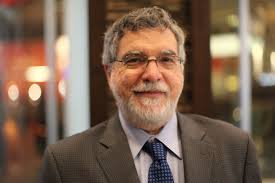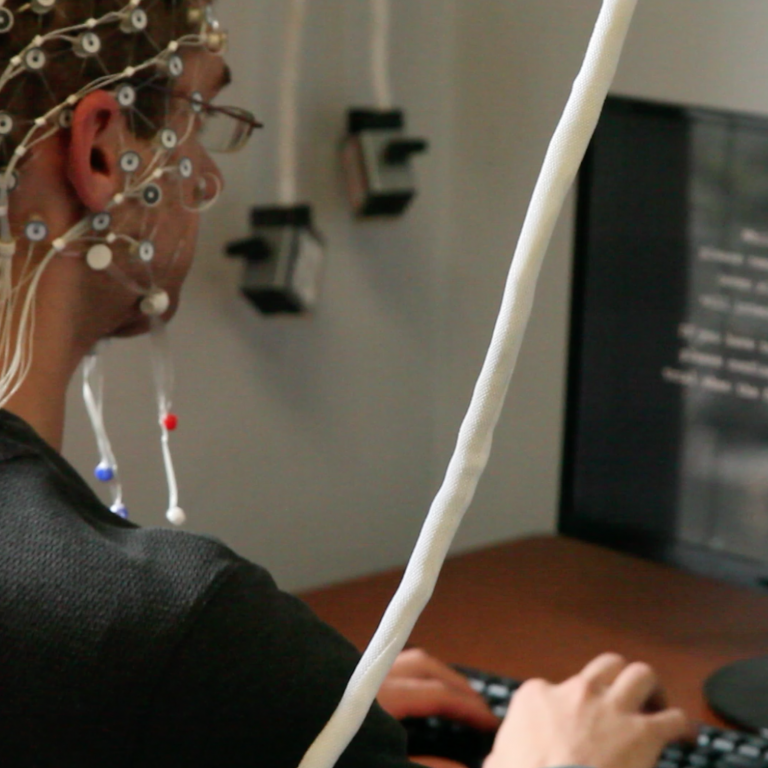When thinking about how wisdom develops, some people believe that wisdom comes with age. This idea may be due to examples that come readily to mind either from personal experience or from popular culture. But before considering how wisdom develops, it is probably helpful to spell out what we mean by the term wisdom. The press sometimes confuses wisdom with intelligence, as if they are synonyms. But not all smart decisions are necessarily wise ones. Of course, many decisions that are smart are neither wise nor unwise. Such smart decisions are well informed, made in the context of deliberate and thoughtful consideration but they are typically the result of an intelligent process rather than wisdom. We might define wisdom most simply as prudent judgment, or as is often attributed to Aristotle, wisdom can be defined as practical decisions that lead to human flourishing. One way of understanding wisdom is to look to specific examples of wisdom, and perhaps this is one reason that people think that aging leads to wisdom.
We have few celebrated examples of young wise folks, whereas the image of the aged sage seems to be almost universal across cultures. The belief is that to be thought wise, one needs to reach a certain advanced age. Of course this does not mean that everyone who is older is wise, but rather to be wise, one needs to be older. This reflected in popular icons such as Yoda from Star Wars or Biblical figures like King Solomon or historical figures such as Confucius, but they are just well-known examples of the pervasiveness of this belief. A recent article in the New York Times on aging and wisdom demonstrates that this entrenched belief is very much alive. In fact this view about wisdom and aging served as the impetus for some of the foundational scientific research on wisdom by Vivian Clayton and Paul Baltes. The idea that wisdom comes with age is a model for a kind of successful aging, especially considering that much scientific research on the psychological effects of aging delivers bad news about declining abilities in systems such as working memory. The idea of becoming wiser holds out a certain kind of hope for our personal futures. For example, Laura Carstensen's research on aging supports some aspects of the relationship between aging and wisdom. Her work shows that older people make practical choices about how they spend their time that increase positive mood and sense of well-being. This seems like Aristotle's notion that practical wisdom should increase human flourishing.
But human flourishing is not simply an increase in our personal well-being, happiness, or welfare. Aristotle connected human flourishing to a more prosocial notion of human well-being in terms of seeking the highest human good. Wisdom reflected in decisions should not just increase personal happiness but should also increase societal good. It is interesting that research has documented that older people do tend to be more prosocial in decision making as well. Richard Nisbett and colleagues reported some evidence that social conflict resolution improves with age. Robert Levenson and colleagues have argued that there is increased empathy and prosociality in later life, and Angela Gutchess and colleagues report increased monetary giving with age. These findings accord with the notion that age is related to some elements of wisdom. But if it is true that wisdom comes with age, this does not identify the specific factors that lead to the development of wisdom with age.
Furthermore, even if cultural beliefs associate wisdom and aging, science should go beyond this to ask some basic questions about wisdom that could lead to a deeper scientific understanding of this human capacity. By what mechanisms does aging cause wisdom, if it does? Why should aging increase wisdom? Not everyone who is older is wiser so perhaps it is not aging, defined as time passing or as biological change, that causes wisdom. It is possible that we have confused aging and experience. If certain experiences lead to being wiser, some older people should be wiser because older people have more experiences than younger people. But this also suggests that young people who have similar experiences might also become wiser without waiting for time to pass. If wisdom is a consequence of experience, it makes sense to talk about becoming a little wiser after certain experiences. Each experience might lead to a small movement along the path to wisdom.
At the University of Chicago, in the Chicago Wisdom Research Project we are working to investigate how certain experiences can increase wisdom, even for younger adults. Previous research by other investigators has addressed the idea of understanding what wisdom is. We have been addressing a slightly different question of understanding the kinds of experiences that lead to wisdom. There are several kinds of experiences that have been examined so far in this research. Work by Patrick Williams and Berthold Hoeckner and collaborators is investigating whether the practice of meditation is related to wisdom as measured using Monika Ardelt’s measures of cognitive, reflective, and affective wisdom. Does increasing experience in meditation relate to increased wisdom? Given that meditation is a mental activity one could imagine that the practice of meditation relates to wisdom. One might also think that experience in practicing ballet should not relate to wisdom. After all, dance experience can be understood increase physical prowess but there is no reason to expect it to affect judgment or decision making. It is interesting that the preliminary results in this study suggest that age is not related to wisdom, but increased experience in meditation is related to increased cognitive, affective, and reflective wisdom. Moreover, although it seems surprising, it also appears that increased ballet experience is related to increased cognitive, affective, and reflective wisdom. One conclusion that could be drawn from this work is that self regulation and self control, which are important in maintaining such practices over long periods of time may be important for the development of wisdom. This suggests that the idea of grit, as studied by Angela Duckworth, which is related to academic achievement, may also be important for developing wisdom.
Another study at the University of Chicago has examined how experience in trading goods on eBay and financial trading affects economic decisions. Daniel Kahneman and his colleagues have demonstrated that there are a number of decision biases that distort some aspects of rational economic decision-making. For example, in one such bias called the endowment effect, simply owning an object raises its subjective value beyond the object’s worth in the marketplace. Ali Hortacsu and John List and their collaborators have shown that experience in trading reduces this kind of bias and appears to do so by reducing neural activity in one part of the brain associated with loss aversion. One conclusion that could be inferred is that more experience in market transactions increases the ability to make more rational decisions resulting in fairer, more reasonable transactions.
In fact, becoming more rational in decisions does not take years of trading experience to accomplish. Sayuri Hayakawa and Boaz Keysar have shown that thinking in a second language reduces economic biases in decision-making, and it also appears to increase creativity and insight in problem solving. One interpretation is that thinking in a foreign language may provide a little bit of emotional distance from a situation and thus could make self regulation easier leading to more rational decisions, and more divergent and creative thinking.
Although previous wisdom research has focused on describing and defining wisdom, the field of wisdom research may now be sufficiently advanced to consider the antecedents of wisdom. What needs to be true about a person in order to develop wisdom or to take advantage of experiences that can lead to the development of wisdom? What must develop in a person in order for wisdom to follow? Wisdom seems to depend on epistemic humility. Sir John Templeton discussed the importance of humility in terms of recognizing how much there is to know and to learn about people. And wisdom depends in part on understanding that the values and perspectives of other people are important in solving human problems -- we all must be open to learning more.
Wisdom also seems to be grounded in a kind of virtue motivation, such that other virtues may serve as guidance in the use and development of wisdom. In addition, wisdom appears to depend on a willingness to engage in intellectual struggle, so as not to be deterred from working on tough problems that may require reflection, and even self reflection. Wisdom may also depend on a propensity to engage in divergent thinking, creativity, and the insight that comes from a diversity of experiences, and from forming new concepts and associations among concepts.
The scientific study of wisdom is still a very young field but using modern research methods of psychology, economics, and neuroscience together with scholarship and analytical thinking from other fields such as philosophy and classics, researchers can move beyond the folk psychology of cultural belief to study the mechanisms underlying wise thought and decision. One goal of this work is to elucidate the way in which wisdom can increase with experiences and to understand the kinds of experiences that can lead to wisdom. If we understand how experience increases wisdom, perhaps we do not have to wait to become older in order to become wiser.

Howard C. Nusbaum
Professor of Psychology, University of Chicago
Discussion Questions:
- Is wisdom something that anyone can acquire or is it something that is only possible for a select few individuals to develop?
- Can anyone become just a little wiser with certain experiences or is there an absolute distinction between people who are wise and people who are not?
- Does making wiser decisions in one area (such as financial decisions) imply wisdom in other areas (such as human relationships) as well?
- Does becoming wiser depend on having survived a tragedy or terrible experience?
- How do humility and self-control contribute to the development of wisdom?



